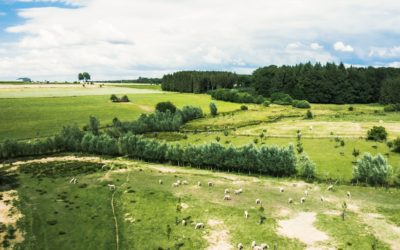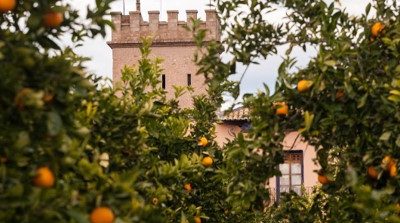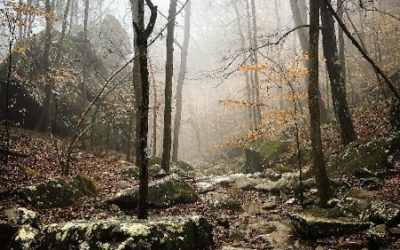Terre-en-vue brings together citizens, organisations and public players who want to facilitate access to land in Belgium for agro-ecological farms.
De Landgenoten
The project
De Landgenoten is devoted to land management as a common, a commons for which the whole society is responsible and can reap the benefits. This new idea needs time to mature in people’s minds. But at the same time, it makes perfect sense: after all, like water and air, food is a basic need for which farmland is necessary.
Farmland covers 45% of Flanders’ total surface area. What we do with that land matters. Agriculture and biodiversity should go hand in hand. That is why De Landgenoten unites citizens and farmers to restore and strengthen biodiversity on our fields.
Currently, agricultural land is left to the free market and is subject to heavy speculation. As a result, the price per hectare is so high that it is almost impossible for farmers to buy land themselves and build a profitable business. That is why there is an organisation like De Landgenoten, which buys land for organic farmers together with committed citizens. This way, we take land out of the speculative market and allocate it to sustainable agriculture forever.
Because healthy food and biodiversity concerns everyone, everyone can participate in De Landgenoten. We are a foundation and a cooperative. By becoming landowners together, we can bring about change ourselves.
Your gift or share matters. With every gift or share, we can purchase an additional piece of farmland and dedicate it to organic farming forever. Your impact is forever.
You can also call on De Landgenoten as a private landowner for advice, to manage or purchase your land. We also offer tailored advice for local governments and for farmers looking for an acquirer for their farm.
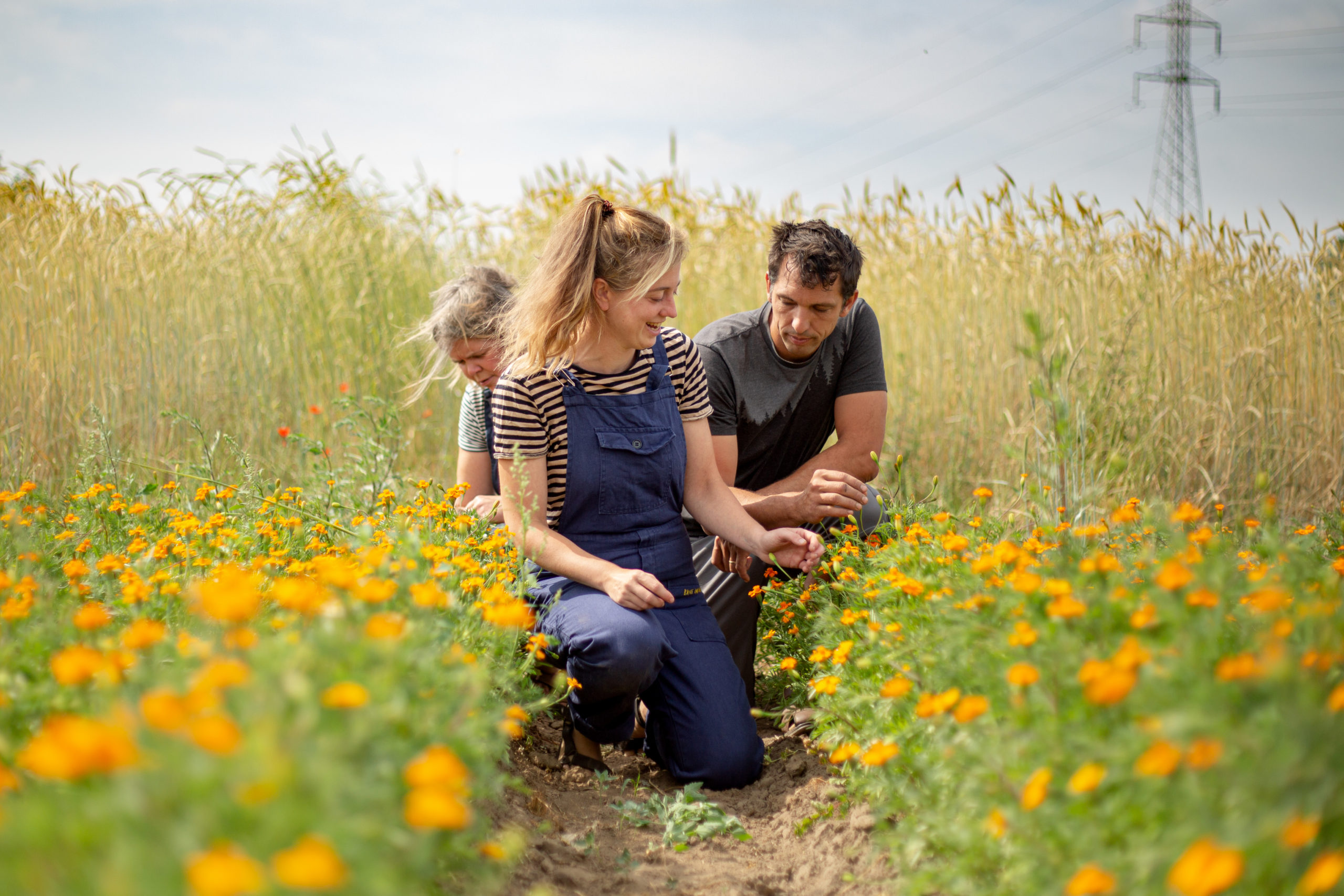
Project location
Contribution(s)
Project costs
Participant(s)
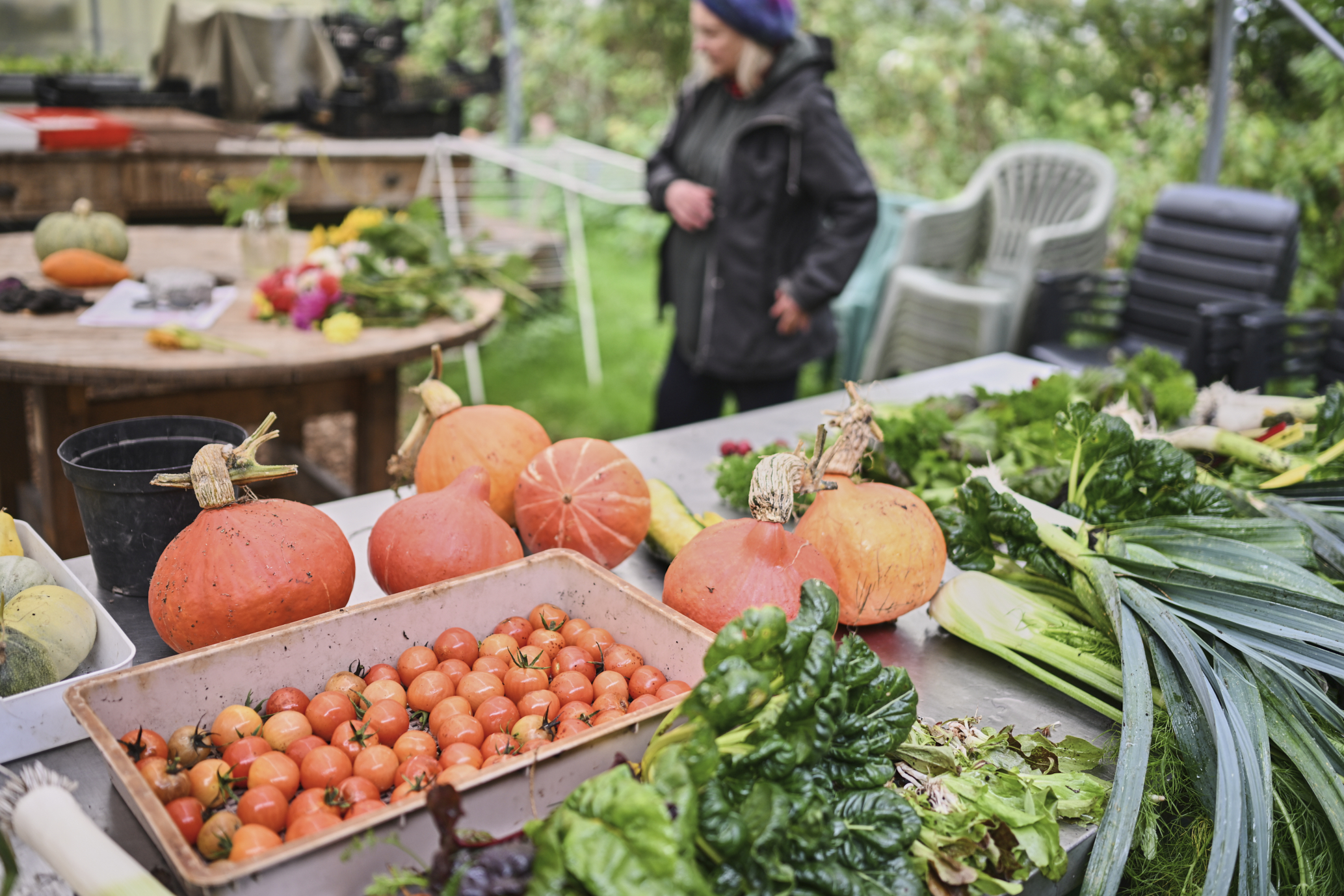
- Founders of De Landgenoten: BioForum, Natuurpunt, CSA network, De Wassende Maan, FIAN, Hefboom, Kollebloem, Landwijzer, BondBeterLeefmilieu, Land-In-Zicht, Oxfam, Terre de Liens, Terre-en-vue, Velt, Wervel, Widar, Food Teams
- Our mainstay: BioForum
- Funded by Flemish Government, social-cultural work
- 1900 shareholders, 720 unique donors and 77 volunteers (figures April 2025)
How are the criteria of the objective met?
Biodiversity-friendly financial flows
- Reduce ecological damage caused by investments: Remove and/or phase out harmful investments, exclude projects when they are detrimental to biodiversity, …
- Redirect financial resources causing damage to biodiversity to investments that support biodiversity.
- Develop and promote alternative financial tools in support of biodiversity (e.g. granting reduced mortgage/loans to encourage companies’ transition; investment products directed towards green investments).
- Fund ecological and biodiversity-friendly initiatives and projects.
- Ensure and show traceability and transparency of investments.
- Align portfolios with international/European/national biodiversity objectives
- Link biodiversity and climate change funding (every climate investment has to include biodiversity-related challenges).
- Incorporate biodiversity-related issues into the projects/measures that the entity designs/implements (e.g. taking biodiversity into account during the construction/renovation of its buildings with regard to the ground as well as the materials used).
- Link the marketing of certain products to ESG standards (environmental, social and governance criteria)/sustainability/biodiversity.
- Request partners and customers to have a transparent financial strategy that supports biodiversity.
Possible initiatives in which the project is involved :
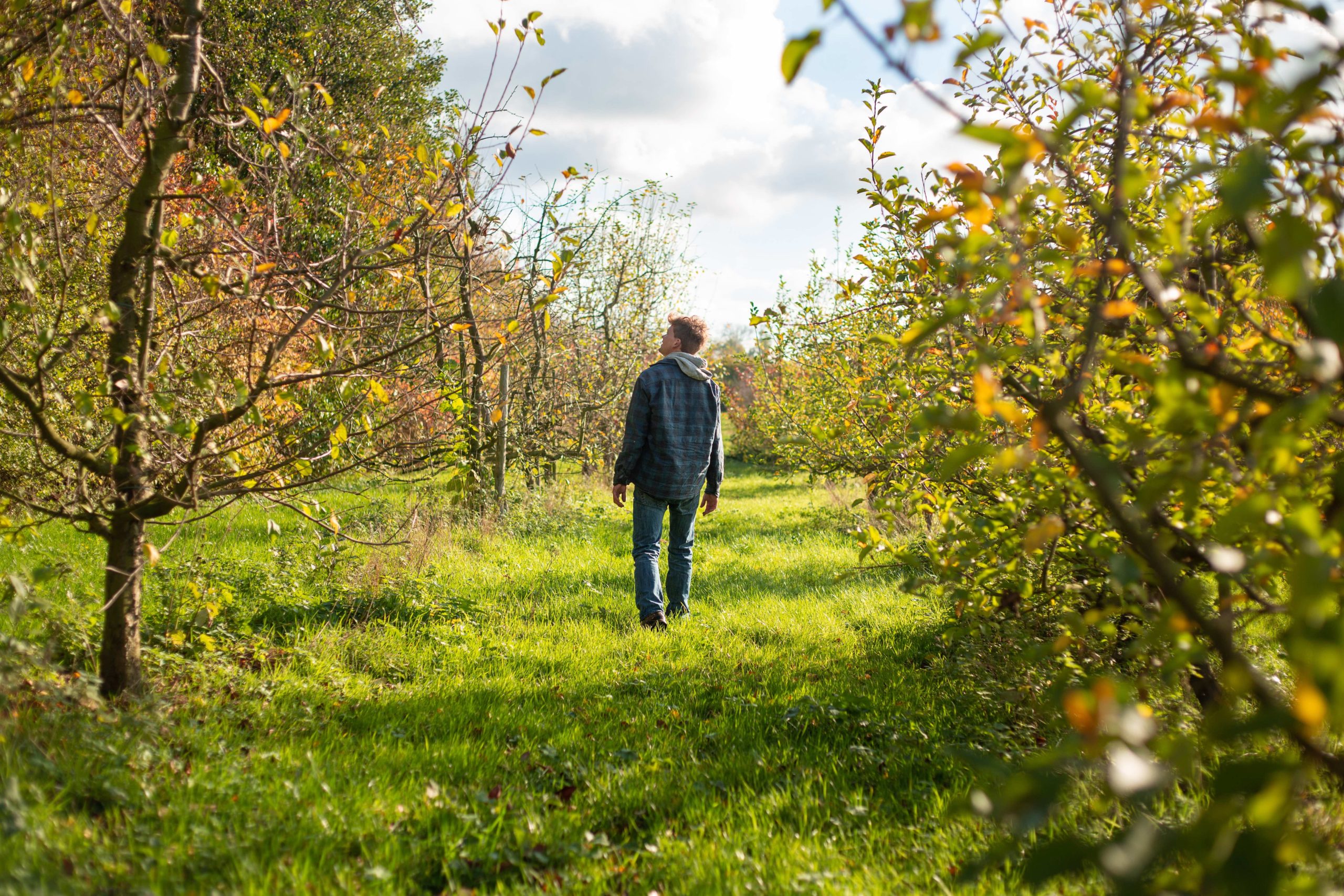
Long-term maintenance
De Landgenoten is a cooperative and a foundation that buys agricultural land with the money of shareholders and donors. We rent that land to organic farmers through career-long contracts. By offering farmers long-term leases, we encourage the growth of sustainable agriculture in Flanders, ensure the continuity of farms and protect the soil fertility built up for the next generation of organic farmers. We also take land under management or give advice to landowners to have their land farmed sustainably. Moreover, we look for takers for farmers who stop farming. We are currently studying how the impact on biodiversity can be investigated on the agricultural land owned by De Landgenoten.
Benefits
- Investing together in fertile soils is good for our health as well as the climate. After all, the composition of the soil determines the nutritional value of what we eat. More carbon in the soil means less CO2 in the air. Local sales and closed cycles benefit the environment and the climate.
- Every week, 25 farms close down in Flanders. For many farmers, farmland is unaffordable. That is why we buy land together and give farmers opportunities to start up, expand and pass on sustainable farming to the next generation.
- With every donation or share, we can free up an additional piece of farmland and dedicate it to organic farming forever. Organic farmers make our land socially beneficial: they enhance soil life, increase biodiversity and create thriving communities. And they produce delicious and healthy local food!
- At the start, our farmers surround themselves with a community that gives them clout. Then they help build a rich local network. Employment, education, care, regional identity or recreation: our farmers provide so much more than food.
Other projects linked to the objective: "Biodiversity-friendly financial flows"
Triodos NbS Portfolio
Triodos Bank invests in nature-based solutions
Forestbase
At Forestbase, we are on a mission to protect all primary rainforests globally.
